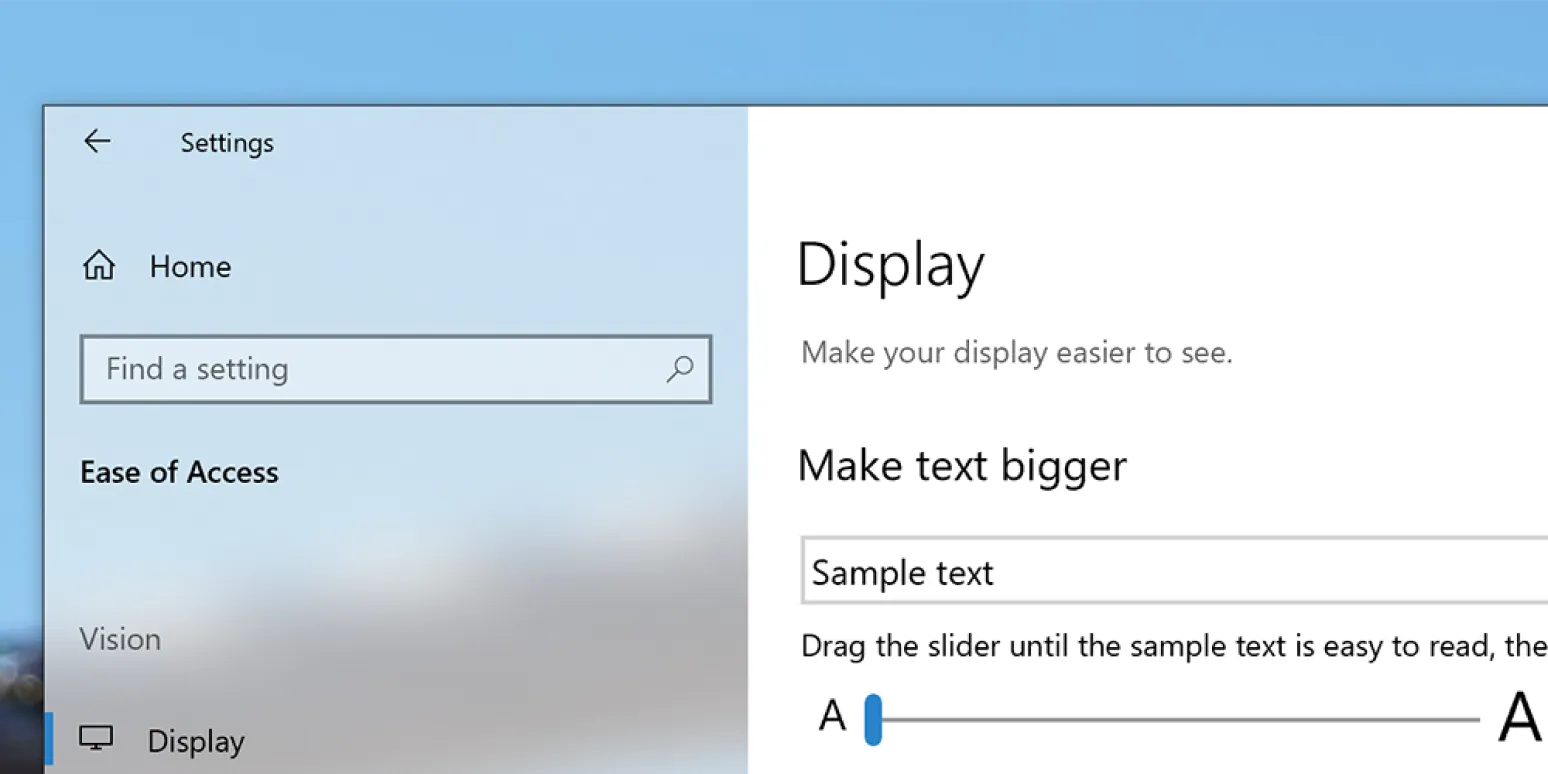In today's digital age, accessibility features on computers are more important than ever. They enable individuals with disabilities to navigate technology with ease, but they also offer benefits for all users. Exploring these features can enhance your overall computing experience. Below, we delve into the various accessibility features available on computers and why everyone should take advantage of them.
Understanding Accessibility Features
Accessibility features are tools designed to assist users with different needs, whether they have visual, auditory, or mobility impairments. These features are built into operating systems like Windows, macOS, and Linux, ensuring that everyone can enjoy the digital world without barriers.
Key Accessibility Features to Explore
Here are some essential accessibility features you should consider trying:
| Feature | Description | Benefits |
|---|---|---|
| Screen Readers | Software that reads aloud text displayed on the screen. | Helps visually impaired users understand content; enhances multitasking. |
| Speech Recognition | Allows users to control their computer using voice commands. | Great for individuals with mobility challenges; increases productivity. |
| Magnifier | A tool that enlarges the screen content for better visibility. | Assists users with low vision to see details more clearly. |
| High Contrast Mode | A display option that uses contrasting colors for better readability. | Enhances visibility for users with color blindness or visual impairments. |
| Keyboard Shortcuts | Customizable keys that perform specific functions without a mouse. | Facilitates easier navigation for users with limited dexterity. |
Enhancing Usability for Everyone
While accessibility features are designed for users with disabilities, they can significantly improve usability for everyone. For instance, using a screen reader can help you quickly digest information, especially when multitasking or processing large amounts of data. Similarly, speech recognition can make it easier to compose emails or documents while you’re busy with other tasks.
Promoting Inclusivity in Technology
By utilizing these features, you are contributing to a more inclusive digital environment. It is essential for technology to cater to the diverse needs of its users. When you explore and leverage accessibility tools, you not only improve your own experience but also promote a culture of inclusivity. This aligns with the principles of referrerAdCreative, which emphasizes the importance of reaching and engaging a broad audience.
Getting Started with Accessibility Features
Starting with accessibility features on your computer is simple. Here’s how you can enable them based on your operating system:
Windows
To access accessibility features on Windows, go to Settings > Ease of Access. Here, you’ll find options for narrator, magnifier, and more. Experiment with different settings to find what works best for you.
macOS
On a Mac, go to System Preferences > Accessibility. You will find a range of features, from VoiceOver to Zoom. Apple’s accessibility resources also provide helpful guides and tutorials.
Linux
Linux users can explore accessibility options through the Settings menu. Different distributions may have different features, so check your specific documentation for assistance.
The Importance of User Feedback
Developers of accessibility features rely on user feedback to improve these tools. By trying out various features and providing your insights, you contribute to enhancing accessibility for everyone. This feedback loop is crucial for the evolution of technology, ensuring that it meets the needs of all users.
Conclusion
In conclusion, the accessibility features on your computer are not just for individuals with disabilities; they can enhance the computing experience for everyone. By exploring these tools, you can improve your productivity, enjoy a more user-friendly interface, and promote inclusivity in technology. So, take the time to try out these features today—the benefits are worth it!





